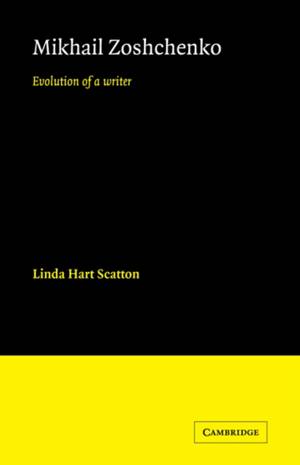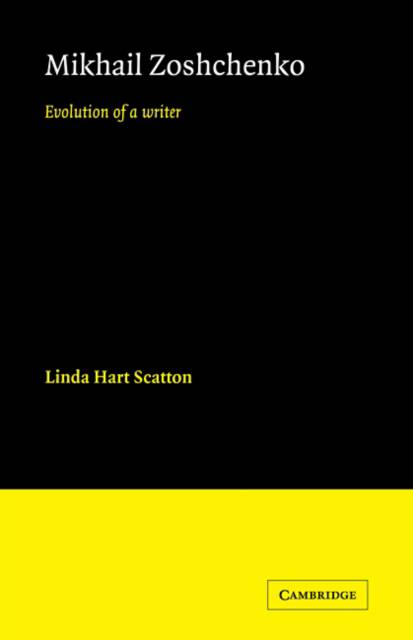
- Afhalen na 1 uur in een winkel met voorraad
- Gratis thuislevering in België vanaf € 30
- Ruim aanbod met 7 miljoen producten
- Afhalen na 1 uur in een winkel met voorraad
- Gratis thuislevering in België vanaf € 30
- Ruim aanbod met 7 miljoen producten
Zoeken
Omschrijving
Mikhail Zoshchenko was a household name in the Soviet Union from the 1920s until the crackdown on the arts after World War II. This is a full-length study in English of his career, and of his critical and political reception in a society where the purpose of art was service to the state. It places his longer works and the events leading up to his literary assassination in 1946 in the context of the short, riotous works that won him mass readership and a devoted following among contemporary writers who agreed with each other on little else. Dr Scatton identifies stylistic and thematic unities in his prose, and argues that Zoshchenko's later works were natural outgrowths of his earlier experiments and not, as is often stated, aberrations or expressions of subservience to the regime. Both as a master of Russian prose and a victim of Stalinist literary politics, Zoshchenko has been the object of critical rediscovery and reassessment over the last 15 years. This book describes that process.
Specificaties
Betrokkenen
- Auteur(s):
- Uitgeverij:
Inhoud
- Aantal bladzijden:
- 316
- Taal:
- Engels
- Reeks:
Eigenschappen
- Productcode (EAN):
- 9780521114974
- Verschijningsdatum:
- 25/06/2009
- Uitvoering:
- Paperback
- Formaat:
- Trade paperback (VS)
- Afmetingen:
- 140 mm x 216 mm
- Gewicht:
- 403 g

Alleen bij Standaard Boekhandel
+ 121 punten op je klantenkaart van Standaard Boekhandel
Beoordelingen
We publiceren alleen reviews die voldoen aan de voorwaarden voor reviews. Bekijk onze voorwaarden voor reviews.











